Dados do Trabalho
Título
DOES HEMATOLOGICAL CANCER HAVE THE SAME IMPACT ON SPERM QUALITY AS TESTICULAR CANCER?
Resumo
INTRODUÇÃO: The deleterious effects of chemo and radiotherapy on testicular function are well known. Furthermore, testicular cancer causes a negative impact on sperm quality, even before treatment, probably due to local action. Hematological cancer, particularly Hodgkin lymphoma, seems to produce inflammatory alterations in the testis. However, it is not clear if hematological cancer can compromise spermatogenesis, as does testicular cancer.
OBJETIVO: Compare the results of semen analysis in patients with testicular and hematological cancer.
MÉTODOS: Observational, cross-sectional, retrospective study using data from patients with hematological (HEMAT) or testicular cancer (TEST) seen at a private infertility clinic between 1992 and 2019 for sperm cryopreservation before treatment. The data were collected from electronic records in a prospective database. Sperm analyses were performed according to the 2010’s World Health Organization’s parameters. Seminal volume, total sperm count, sperm concentration, total and progressive motility, and vitality were analysed. In the hematological group, leukemia and lymphoma, and Hodgkin and non-Hodgkin lymphoma were compared. Student t-tests and Chi-Square were used, considering p<0.05 statistically significant.
RESULTADOS: This study included 295 patients in the TEST and 100 in the HEMAT groups. Patients that had started chemo or radiotherapy (4 HEMAT, 12 TEST) were excluded, and 4 HEMAT and 15 TEST were azoospermic or cryptozoospermic (41.7% vs 53.0%, p=0,792 ). The other parameters were analysed in 92 HEMAT and 268 TEST. The mean age of the HEMAT group was 28.2 years and 27.9 for the TEST group (p=0,858). The TEST group had higher rates of oligozoospermia (50.7% vs 31.5%, p=0.001) and severe oligozoospermia (29.5% vs 15.2%, p=0.006) than the HEMAT group. Furthermore, 69.6% HEMAT had normal concentration, compared to 45.9% TEST (p<0.001). The mean concentration of the HEMAT group was 35 mi/mL, normal according to the WHO’s standards, and the TEST group was 12 mi/mL, below the WHO’s normal standards (p<0.001). No difference was found when comparing leukemia and lymphoma, or Hodgkin and non-Hodgkin lymphoma.
CONCLUSÕES: In this study, testicular cancer had a negative impact on spermatogenesis and sperm quality, whereas hematological cancer did not. However, counseling regarding fertility preservation using sperm banking prior to chemo or radiotherapy should be reinforced in all young cancer patients.
Palavras Chave
semen analysis, cancer, male fertility
Área
Complicações do tratamento oncológico (infertilidade, impotência, cistite ...)
Instituições
Fertilitat - Centro de Medicina Reprodutiva - Rio Grande do Sul - Brasil, Pontifícia Universidade Católica do Rio Grande do Sul - Rio Grande do Sul - Brasil
Autores
ISADORA BADALOTTI-TELOKEN, MARIANGELA BADALOTTI, VICTORIA DORNELLES, BIBIANA CUNEGATTO, ELISE PIMENTEL, FABIO JUSTO, ANITA MACIEL, MARTA HENTSCHKE, ALVARO PETRACCO, CLAUDIO TELOKEN


 Português
Português English
English